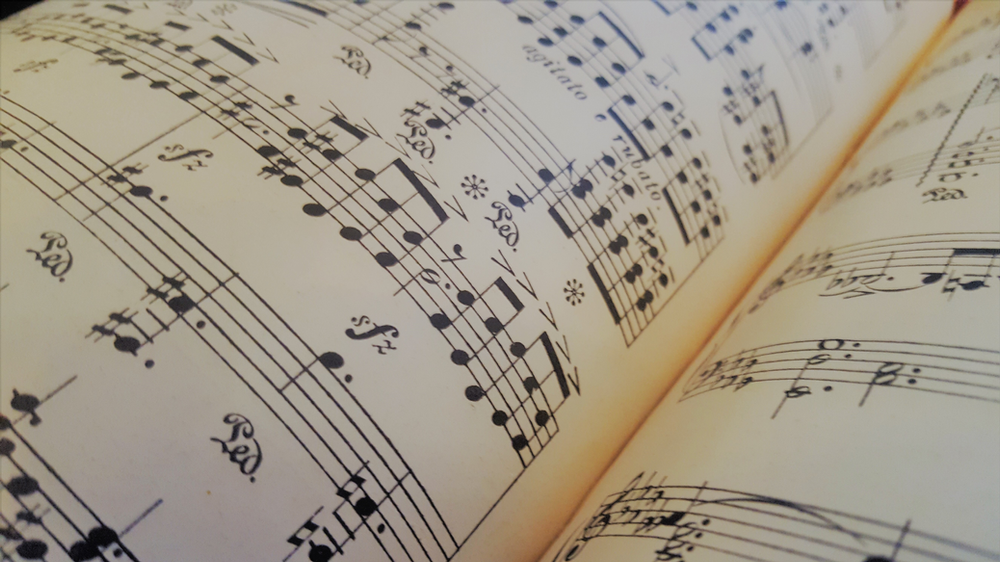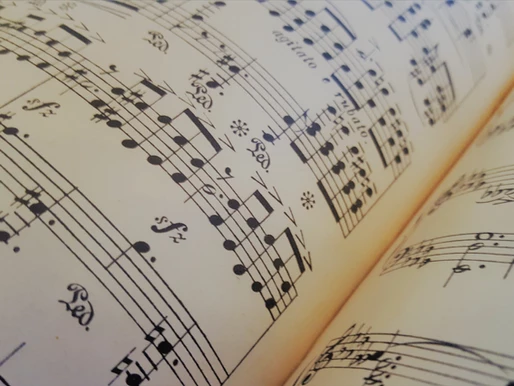Uncategorized
The Music of the Future, by Robert Barry (Book Review)
The Music of the Future, by Robert Barry (Book Review)
The Music of the Future is a book in three acts, structured as a sort of tabloid opera. The book challenges the basic narrative of modernity from the conservatism of the classical age to “the elitism of the techno purist”. By examining an unusual collection of efforts to contemporize music alongside current concerns of music’s progress, Robert Barry collates what he calls “a history of failures, mapping 200 years of attempts… to imagine a future of music”. Thinking what could be the music of the future from the music of the past. It’s a fun read, and Barry’s text is littered with illuminating insights into the state of contemporary music in the classical pantheon- and refreshingly- it’s relevant parallels in pop culture also.
Initially, it all seems a little depressing. In the first act, Barry presents us with a whistle stop tour of recent attempts to contemporize, what we can’t help but feel to be an exhaustedly innovative musical scene. As well as the topical, Barry discusses many almost ridiculous efforts to imagine a future for music – such as the “Tropical Fish Opera”. Discussion of these “failures” seems somewhat bleak at this point, and it all comes to a head when Barry brings in Hans Pfitzner’s opinions on the state of music today – “What if we found ourselves on the pinnacle or had already passed the pinnacle?”
Now I found that to be scarily believable. New complexities in music seem almost futile in the wake of the systematic workings of the likes of Boulez and Ferneyhough. It also seems impossible to strip down any further, following the stylistic prism projected from Cage’s ‘infinite sound pallet”, and the already exhausted revivals of minimalism. Harking back to old traditions too seems a wearied, and ill-received activity.
Thankfully, in the first interval, Barry breaks down such a dejected attitude through an examination of the cyclical nature of music’s progress – illuminating the various stylistic peaks and troughs of Richard Taruskin’s notion of ‘Minimalism and Maximalism – “opposing tendencies that have forever oscillated back and forth in some never-ending and seemingly inevitable historical cycle”.

For Richard Taruskin, the avant-garde of around 1914 “is best characterised as maximalism… acceleration of stylistic innovation became so marked as to seem not just a matter of degree, but one of actual kind”. Taking a little step back, Taruskin’s views of pre war maximalists such as Scriabin, Strauss and Prokofiev was to say that they were mere “radical intensification of means towards accepted or traditional ends”. For Taruskin, real modernism could only get started when “emotional expression, “sensuality” etc. could be put aside. Taruskin’s ideas, as filtered by Barry, posits that the likes of MIA and Skrillex today – Scnhabel, Strauss and Frank Zappa of yesterday, are examples of maximalism, as they involve the pretense of forward thinking, while actually their bombast over compensates for a lack of substance. Barry says that today’s maximilism could be seen as just an acceleration of the twentieth century project of…ultimately weaponizing music’s seductive charms”. And this separates the real from the fake.
Now it isn’t actually as negative as all that. As the many examples of science fiction in the book explicate the nature and function of what it is to be “fake” – we are given the suggestion that “A falsified past (can create) a new and unpredictable future.” In this “Music of the future”, The “fakeness” that Barry is referring to here is less a criticism than an analysis of the music’s place in time, and he actually tells us that “he prefers the fake every time”. I think it is exceptionally relevant – this readiness to acknowledge pop culture as part of the same continuum as “art music”- both exposed to the same influences, the same uncensored, force feeding of the news feed, (“CAKE IN YOUR FACE”) and both sharing the same uncertain future.
As Barry says, in order to move forward to the future of music, we need to fail, fail again, and fail better because after all: “Might our own era’s maximal bent then be like a prelude to some great flowering, a sort of clearing of the stage before the entrance of the twenty-first century’s very own Varese?”
#pianoteacherslondon #pianolessonslondon #adultpianolessons #musiclessonslondon
The Music of the Future, by Robert Barry (Book Review)

